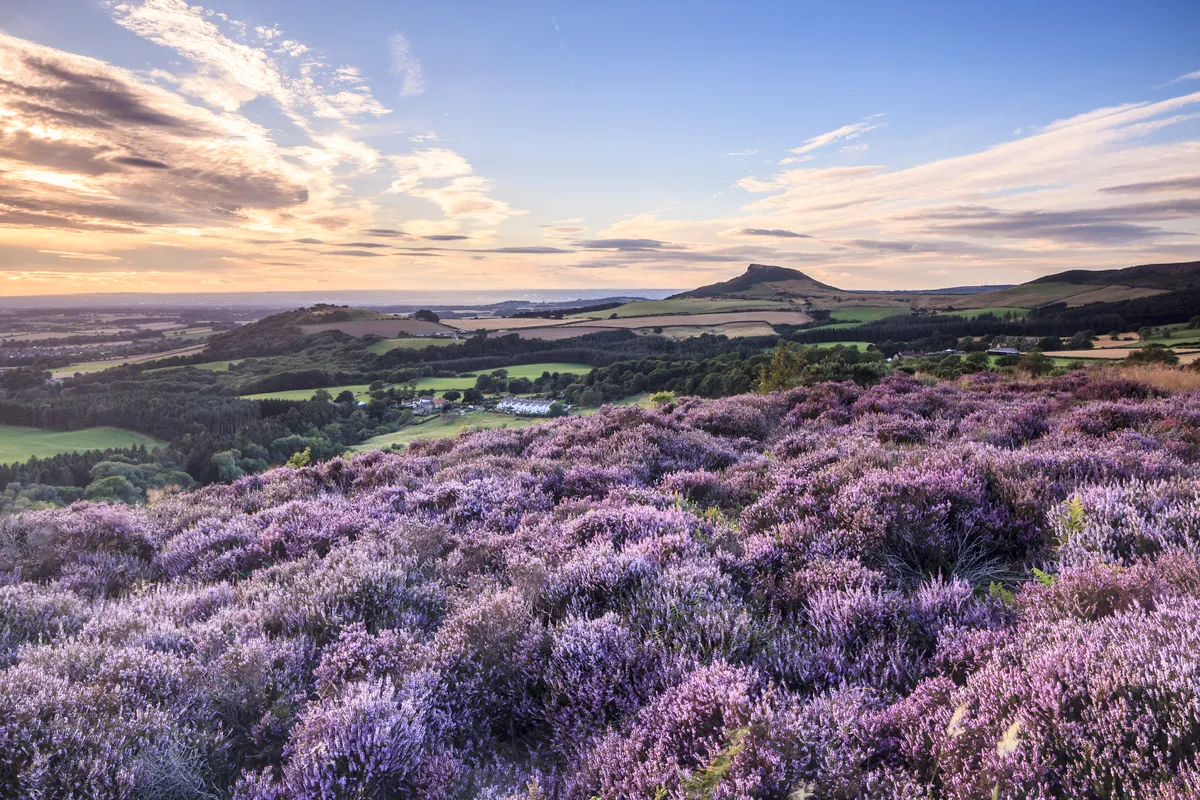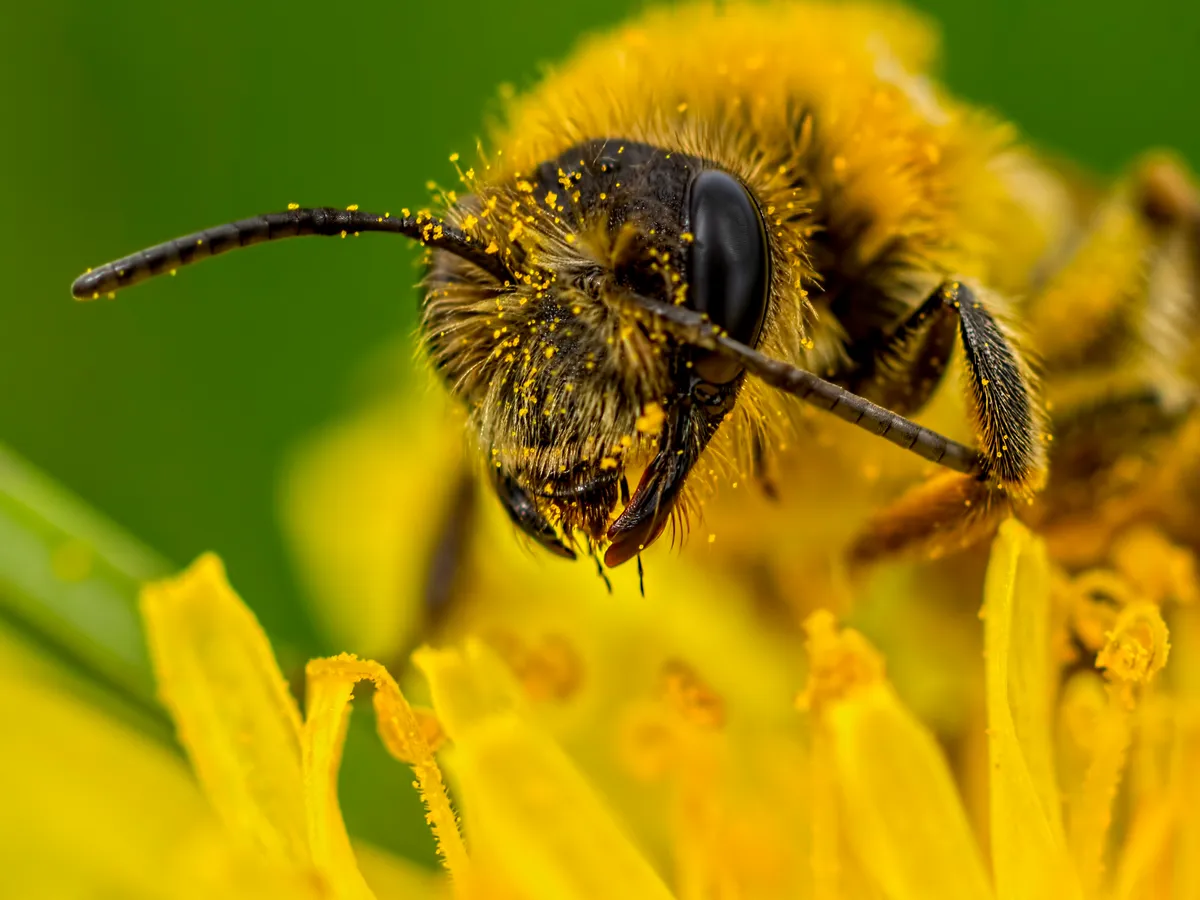Bees have seen an alarming decline due to diseases, climate change, and habitat loss, yet their part in the ecosystem is crucial: around 90% of the planet’s plants rely on animals for pollination, and bees provide the most important pollination service. Their loss would cause dramatic and far-reaching impacts, including the ability of humans to grow crops.
Understanding that disease is a major contributing factor to their decline, scientists from Kew Gardens and Royal Holloway University focused on how to protect bees against disease, studying several different UK plants to understand the medicinal properties of their nectar.
They found that the species with the highest medicinal value was also the UK’s second most productive nectar plant — heather.
A chemical within Calluna heather called callunene was found to act as a natural ‘bumblebee medicine’, protecting bees against a harmful parasite called Crithidia bombi, common among bumblebees, which can be transmitted between bees on flowers or within the nest.

The findings highlight the importance of protecting plants such as heather to prevent the decline of bees. Heather is abundant on heathlands across Great Britain and Europe, so the value of the nectar from heather could be very important for European bumblebees. However, heather is currently facing rapid decline across Europe, largely due to changes in land use. According to The Wildlife Trust, around 85% of lowland heathland in UK has been lost over the last 150 years, due to agricultural development.
Dr Hauke Koch, biologist at the Royal Botanic Gardens, Kew, explains: “Protecting heathlands is very important to conserve the high biodiversity found in this habitat. Our work shows that heathlands may be even more valuable than previously thought, by providing wild bumblebees with a natural medicinal nectar as protection against a major parasite. The global decline of plant diversity could mean that pollinators are losing many other health-promoting plants without us realising it. We need to further study the importance of plant diversity for pollinator health, and ensure that key beneficial plants like heather are protected in their natural environment.”

The research is part of a wider project investigating nectar and pollen in a range of plants in different environments, in order to understand how their nutritional and medicinal properties could benefit pollinators. Conserving plants that are the most beneficial to pollinators could be their first line of defence in an ever-changing environment.
“We often assume that flower abundance is the single important factor in renovating our natural landscapes, but our work shows that we need to know more about the specific benefits that pollinators acquire from different plant species, so that we can manage existing habitats and improve others more effectively,” said Professor Phil Stevenson, plant chemist at Royal Botanic Gardens, Kew.
“Conserving heathlands may be of greater value to pollinators than previously thought, owing to this medicinal quality," Stevenson adds. "Our work on pollinators at Kew highlights the importance of research to fully understand how landscapes can be improved with plants that have known specific benefit to bees.”
Read the full paper in the journal Current Biology.
Main image: © Paul Carpenter/Getty